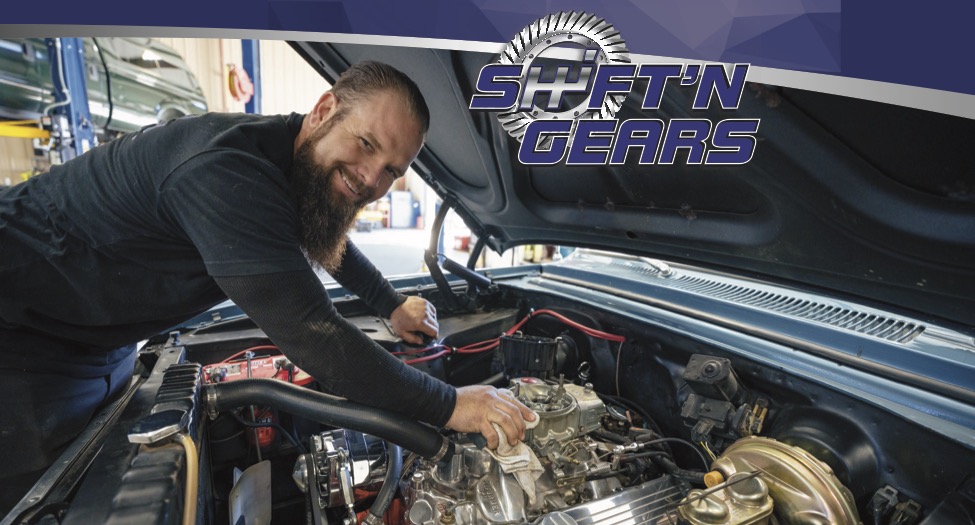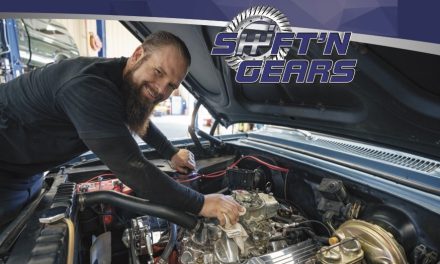What Does a Tune-Up Mean for Modern Vehicles?
For many drivers, the term “tune-up” may seem outdated, conjuring images of mechanics adjusting or replacing carburetors, belts, spark plugs, and filters every 10,000 miles. While this was essential for older cars, modern vehicles are built with advanced technologies, requiring far less frequent maintenance. So, does a tune-up still matter for today’s cars? The answer is YES — just in a different way.
How Tune-Ups Have Changed
Modern vehicles are equipped with computers, fuel injection systems, and electronic ignition, which automate many functions; monitoring themselves with sensors, making them more efficient and reliable than ever. Spark plugs can last up to 90,000 miles, timing adjustments are computerized, and carburetors have been replaced by fuel injectors that precisely manage fuel delivery.
Yet, this shift doesn’t mean tune-ups are obsolete — it means they’ve evolved. Instead of frequent manual adjustments, modern tune-ups focus on inspecting and maintaining key systems to prevent long-term damage and ensure optimal performance.
Why Tune-Ups Are Still Critical
Even though newer vehicles require less maintenance, neglecting regular tune-ups can lead to costly repairs and reduced performance. Here’s why:
- Preserving Fuel Efficiency: Modern engines rely on precise fuel and air mixtures to run efficiently. A dirty air filter or clogged fuel injector can reduce fuel economy, forcing your car to work harder and burn more gas.
- Extending Vehicle Life: Worn spark plugs or failing ignition coils can cause engine misfires, which not only reduce performance but also strain the engine over time causing damage beyond the coils and plugs themselves.
- Maintaining Emissions Standards: Modern vehicles are designed to meet strict emissions regulations. Sensors and other components need to work properly to stay compliant and keep your vehicle registered and on the road.
- Preventing Major Repairs: Many problems start small but escalate over time. A tune-up allows a technician to catch issues early, such as worn belts or sensors, before they lead to breakdowns or expensive repairs.
A Tune-Up Is About Preventive Care
For today’s cars, a tune-up isn’t about fixing problems — it’s about preventing them. While modern vehicles are more reliable than their predecessors, they still require care to perform their best. Investing in regular maintenance not onlysaves money in the long run, but also ensures your car remains efficient, reliable, and safe for years to come.
PASO ROBLES PRESS MAGAZINE
Copies of Paso Robles Press Magazine are directly delivered to 23,000 readers in zip codes 93446, 93451, and 93465 and 2,000 dropped with support from advertisers and subscribers. Together, we are Making Communities Better Through Print.™
To subscribe or advertise, click here.












